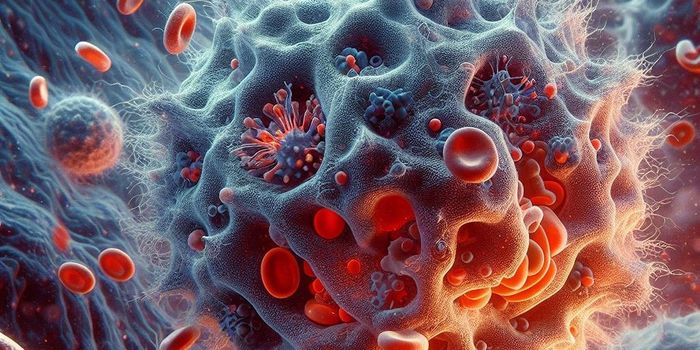Preventing future pandemics - Scientists developing broadly protective vaccines against coronaviruses
Researchers at Japan’s Osaka University recently developed and tested a novel vaccine that may protect against a broad range of coronaviruses. The research, published in the Journal of Experimental Medicine last week, shows that the experimental vaccine promotes the production of antibodies against SARS-CoV-2, the virus that causes COVID-19, and a broad range of similar coronaviruses such as SARS-CoV-1. The SARS-CoV-1 virus led to the sudden acute respiratory syndrome (SARS) pandemic in 2002-2004.
The current vaccines from Pfizer, Moderna, Johnson & Johnson, etc. that protect against SARS-CoV-2 have great efficacy against the virus and can help prevent COVID-19, however they show little efficacy against other coronaviruses. Professor Tomohiro Kurosaki, the lead author on the study, said, “given that prior coronavirus epidemics such as SARS-CoV-1 and MERS-CoV have occurred due to zoonotic coronaviruses crossing the species barrier, the potential for the emergence of similar viruses in the future poses a significant threat to global public health.” Because of this, the researchers sought ways to increase the efficacy of vaccines against additional coronaviruses which other laboratory teams have also been working on.
Coronaviruses have a unique structure that is composed of a spherical envelope that houses the virus’s messenger RNA and a crown of large spike proteins in the envelope which helps the virus to attach to surfaces. The spike proteins are the classic target of the immune system and vaccines as the body, after infection or vaccination, produce antibodies against the head of the spike proteins. However, the core of the spike proteins is structurally similar across many types of coronaviruses. As such, antibodies that can recognize the core of the spike proteins could help prevent infections across a large array of coronaviruses.
To capitalize on this, the researchers genetically engineered the spike proteins by covering the head of the spikes with sugar molecules. These sugar molecules were used to shield the spike heads from being recognized by the immune system to trick the body into producing antibodies against the unshielded core of the spike proteins. When these engineered spike proteins were injected into experimental mice, the researchers found that the mice showed a significant increase of antibodies against the core region of the spike proteins. The antibodies produced by the immunized mice were able to neutralize, not only SARS-CoV-2, but also SARS-CoV-1, and three other coronaviruses as well. This research has promising implications for the design of future coronavirus vaccines.
Sources: Journal of Experimental Medicine; JEM; History.com; New England Journal of Medicine; Labroots
-
MAY 07, 2024Is It Anti-RNP or Anti-Sm/RNP?
- See More
-
APR 30, 2024Immuno-Oncology Virtual Event Series 2024
-
MAY 07, 20243rd International Biosecurity Virtual Symposium
-
JUN 06, 2024The Future of Scientific Conferencing
- See More

















































